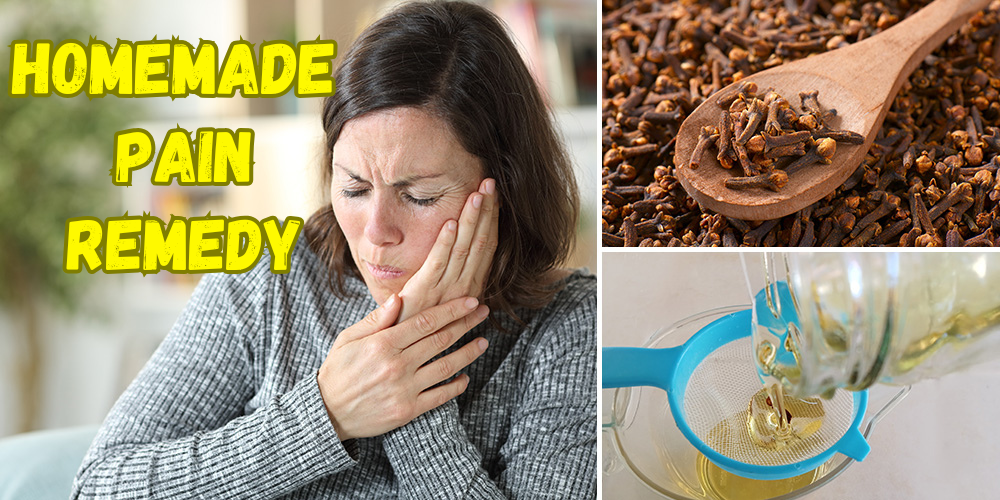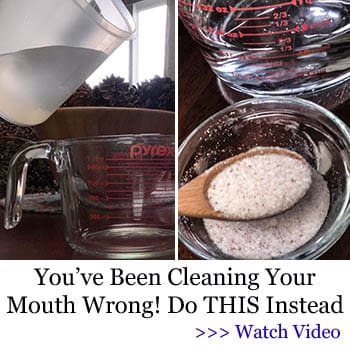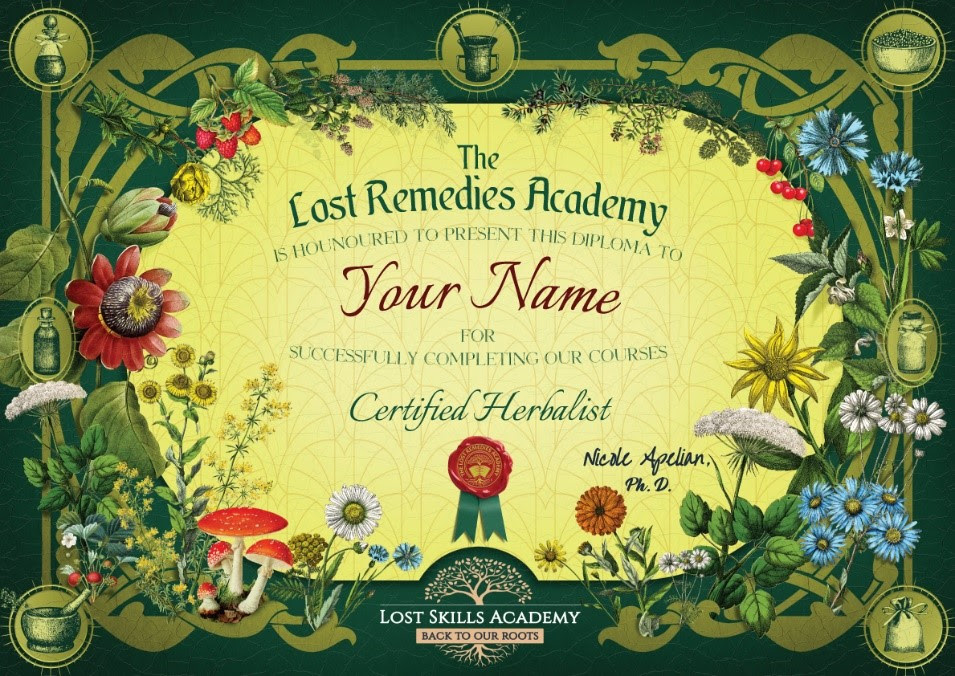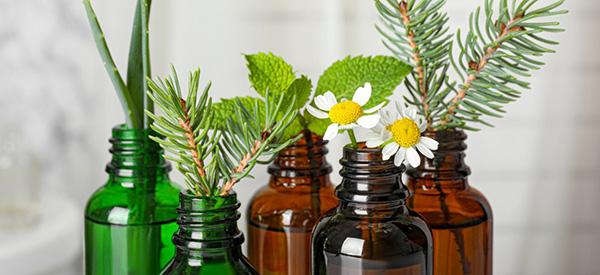
DIY Clove Oil for Toothache
No matter how perfect and healthy your teeth are, you will still likely experience toothache at some point. Toothache has different causes; some are mild, while others may require treatment. And there are healthy, natural options available most people do not know about, like clove oil for toothache.
One of the go-to home remedies for mild tooth pain is an OTC eugenol oil, popularly known as oil of cloves. Clove oil is a natural anesthetic that numbs the pain and reduces the swelling of the gums when applied topically.
Causes of Toothache
Toothache, no matter how mild, can be very disorienting. In fact, it usually gets in the way of your work and may even affect your diet. Moreover, the pain is sometimes continuous and can also cause headaches.
Dental problems like cavities, abscesses, cracked teeth, and gum infections are common causes of tooth pain. The radiating pain may also be due to a sinus infection or teeth grinding.
 Home remedies and painkillers like ibuprofen or acetaminophen can alleviate most tooth pains. However, if the pain is severe or accompanied by fever and chills, it is a dental emergency that needs to be checked by the dentist immediately.
Home remedies and painkillers like ibuprofen or acetaminophen can alleviate most tooth pains. However, if the pain is severe or accompanied by fever and chills, it is a dental emergency that needs to be checked by the dentist immediately.
Depending on the underlying issue, the dentist may recommend extraction or prescribe an antibiotic for infection.
Clove Oil for Managing Tooth Pain
Clove oil for toothache is extracted from cloves (Syzygium aromaticum), an aromatic spice for flavoring foods and teas.
Eugenol, a chemical compound, can be found in other spices like cinnamon but it is most abundant in clove oil. It is responsible for the aroma and powerful therapeutic properties of cloves.
Clove oil for toothache has been used since the 16th century for treating dental caries and several other dental problems. It became widely used in dentistry in 1858 for pain relief and as a topical analgesic for various pains. During that time, it was the preferred oil for toothache pain, helping millions to feel better and lessen the discomfort they felt.
Eugenol is a volatile compound and is considered the most effective herbal relief for pain because of these medicinal properties:
Analgesic
Clove oil extract possesses excellent analgesic or painkilling properties. A study using acetic acid tests and thermal methods proved the antinociceptive activity of eugenol. It works by numbing the pain receptors to remove the sensation and ease toothache and body pains.
Clove is one of the herbal topical anesthetics being studied and explored as a potential local anesthesia for dental procedures.
Anti-Inflammatory
The eugenol found in cloves, the active ingredient, is a powerful natural compound known for its ability to reduce inflammation and ease pain. It’s especially helpful for relieving toothaches, minimizing swelling, and soothing discomfort after dental procedures.
But let’s look beyond the surface.
Imagine a mild toothache—barely noticeable. Meanwhile, hidden inflammation is quietly allowing harmful bacteria to travel through your body. Left untreated, this can contribute to serious health problems like infections, heart disease, and even strokes. Managing inflammation isn’t just about pain relief—it’s about protecting your long-term health.
Your diet plays a major role in how your body responds to inflammation. An anti-inflammatory approach doesn’t just help your gums or ease a sore tooth—it strengthens your entire system.
Whole foods like leafy greens, berries, and turmeric can reduce swelling, support faster healing, and lower your risk of chronic illnesses such as arthritis and cardiovascular disease. Think of it as giving your body the natural tools it needs to stay balanced—from your mouth all the way down to your gut and heart.
Wound Healing
Clove promotes faster wound healing with its flavonoids and alkaloid compounds. A non-human clinical test showed accelerated healing in the clove oil test group compared to betadine. It may be used to speed up the healing of wounds or gums





In the 1960’s I leaned about clove. I worked for a dentist and they used a clove salve to rub on the gums. Years later I had a tooth ache so I just went into my spices, pulled out a clove and bit on it where my tooth ache was, it numbed it very well, until I could get to the dentist, so you don’t have to go through all the trouble of making anything.
Where is the recipe???